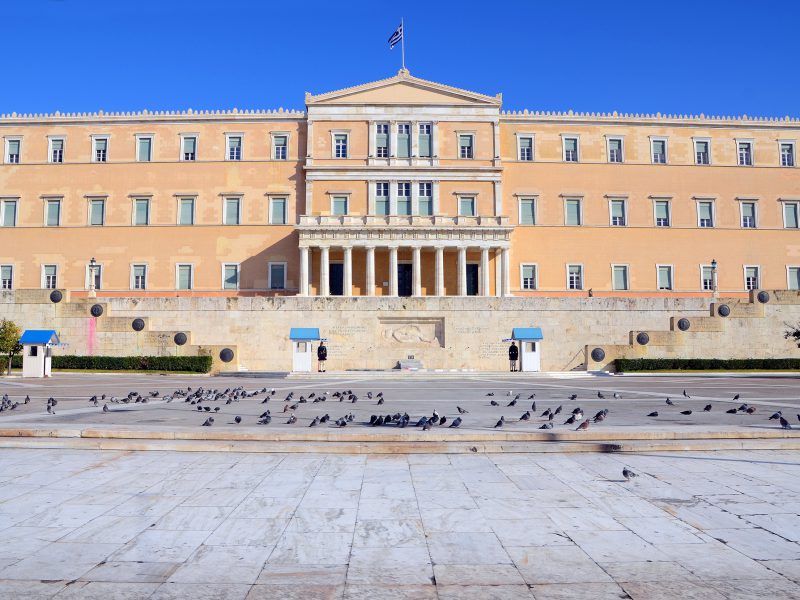Back to basics
The high drama that is unfolding following the coming to power in Greece of a new government led by left-wing SYRIZA, and similar trends in Spain with the most recent massive show of force by Podemos at Puerta del Sol in Madrid, signal a new era in European and possibly global politics. This is no passing phenomenon but rather an inevitable result of the unsustainability of the existing financial system and the way it is managed in the European context and beyond. This sort of “European Spring”, thankfully not bloody nor as chaotic as its Arab counterpart, can bring good and bad things, depending on how it will be handled by the main protagonists, including the Greeks themselves but also the Germans, other EU nations, and the EU and Eurozone institutions…






